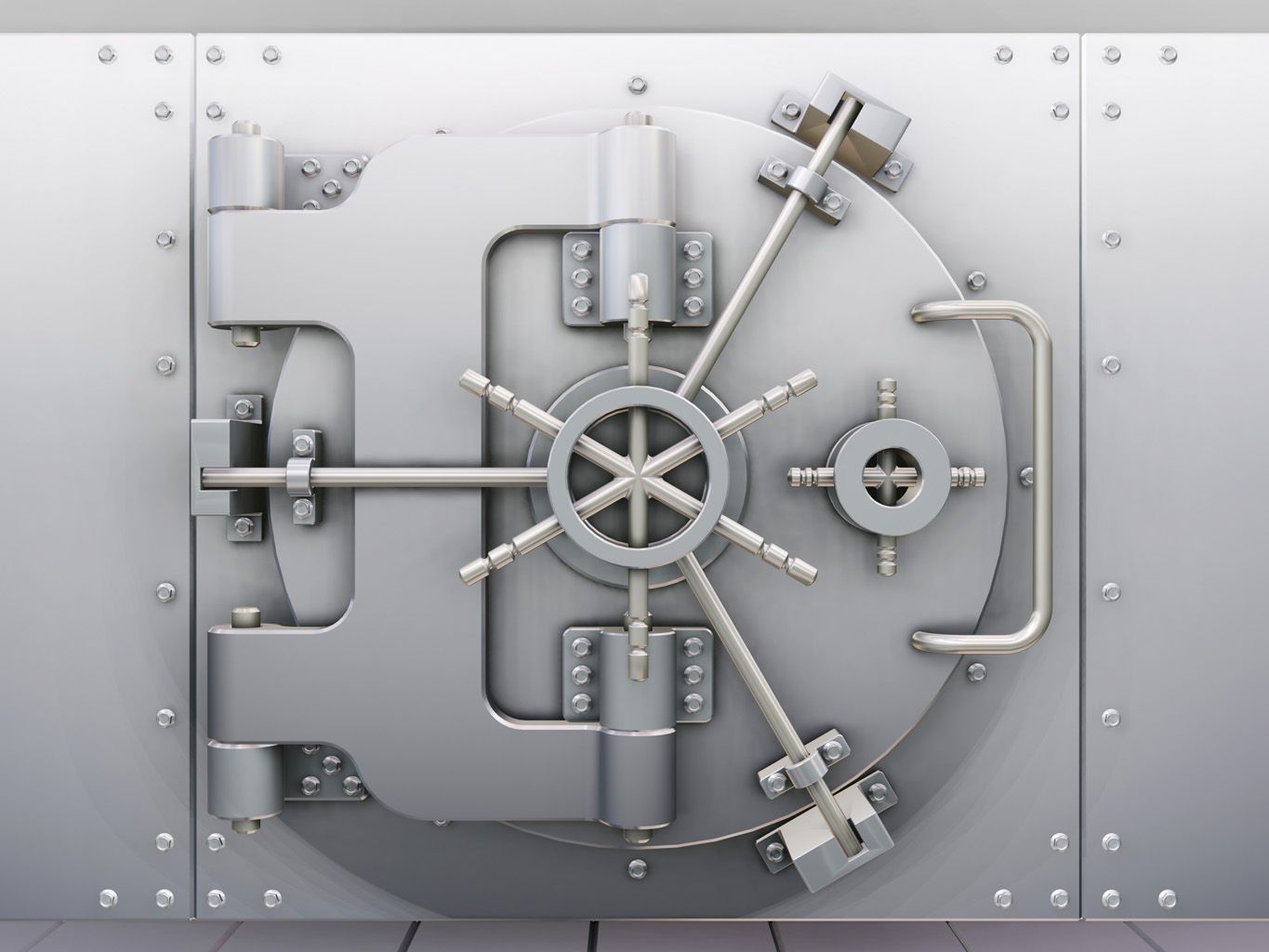Here are some poll numbers released by Rasmussen Reports -- "an electronic publishing firm specializing in the collection, publication, and distribution of public opinion polling information."

Confidence in Banking System Up Nine Points Since February
Thursday, April 16, 2009
 Americans have a little more confidence in the U.S. banking system than they did two months ago.
Americans have a little more confidence in the U.S. banking system than they did two months ago.
Forty-eight percent (48%) of adults now are at least somewhat confident in the stability of the country's banking system, but just seven percent (7%) are Very Confident, according to a new Rasmussen Reports national telephone survey.
In early February , only 39% expressed confidence in the stability of the U.S. banking system, including six percent (6%) who were Very Confident.
Confidence still has a long way to go, however, to match the 68% finding last July and the 64% level in September as the financial sector's woes became increasingly public.
Investor confidence is up even more now. Fifty-seven percent (57%) express confidence in the banking system, compared to 50% in February.
Forty-six percent (46%) of all Americans now are not very or not at all confident in the banking system, compared to 57% two months ago and 28% in July.
Just 32% now are worried that they will lose money due to a bank failure, down from 39% in February. Forty-three percent (43%) are not very worried about that possibility, and 20% are not worried at all.
Goldman 
Sixty percent (60%) say regulators should not be allowed to block the repayment. Twenty-eight percent (28%) are not sure.
Even if a bank repays its bailout, though, a plurality of adults (47%) say the government should still have the right to regulate the pay and bonuses of the bank's executives. Forty-one percent (41%) disagree.
Surprisingly, unlike many other economic issues, there is very little partisan divide between Democrats and Republicans in terms of confidence in the banking system and the safety of a person's own money. Adults not affiliated with either party are slightly less confident in the system but are also less worried about their own money.
There's much less agreement on the regulatory issues. The majority of Republicans (75%) and unaffiliateds (58%) say government regulators should not be allowed to block repayment from a bailed-out bank, but among Democrats, only 49% agree.
Sixty percent (60%) of Republicans do not believe the government has the right to regulate executive pay and bonuses once a bank has repaid the government. Yet 63% of Democrats think the government should have that power. Unaffiliated adults are closely divided on the question.
Most investors agree the government should not be allowed to stop a bank from repaying its debt to the government, but investors by just a six-point margin say the government should not retain the power to regulate pay and bonuses once a bank repays its bailout money.
Americans have consistently questioned the wisdom of federal 
While most Americans think the government should regulate the executive compensation of bailed-out companies , only 11% think the government can run financial institutions better.
In recent months, short-term expectations for the economy have improved dramatically, but Americans are less confident about the long term.
# # #
![]() To view a copy of the original report, please use this link: Confidence Is Up. Why?
To view a copy of the original report, please use this link: Confidence Is Up. Why?
